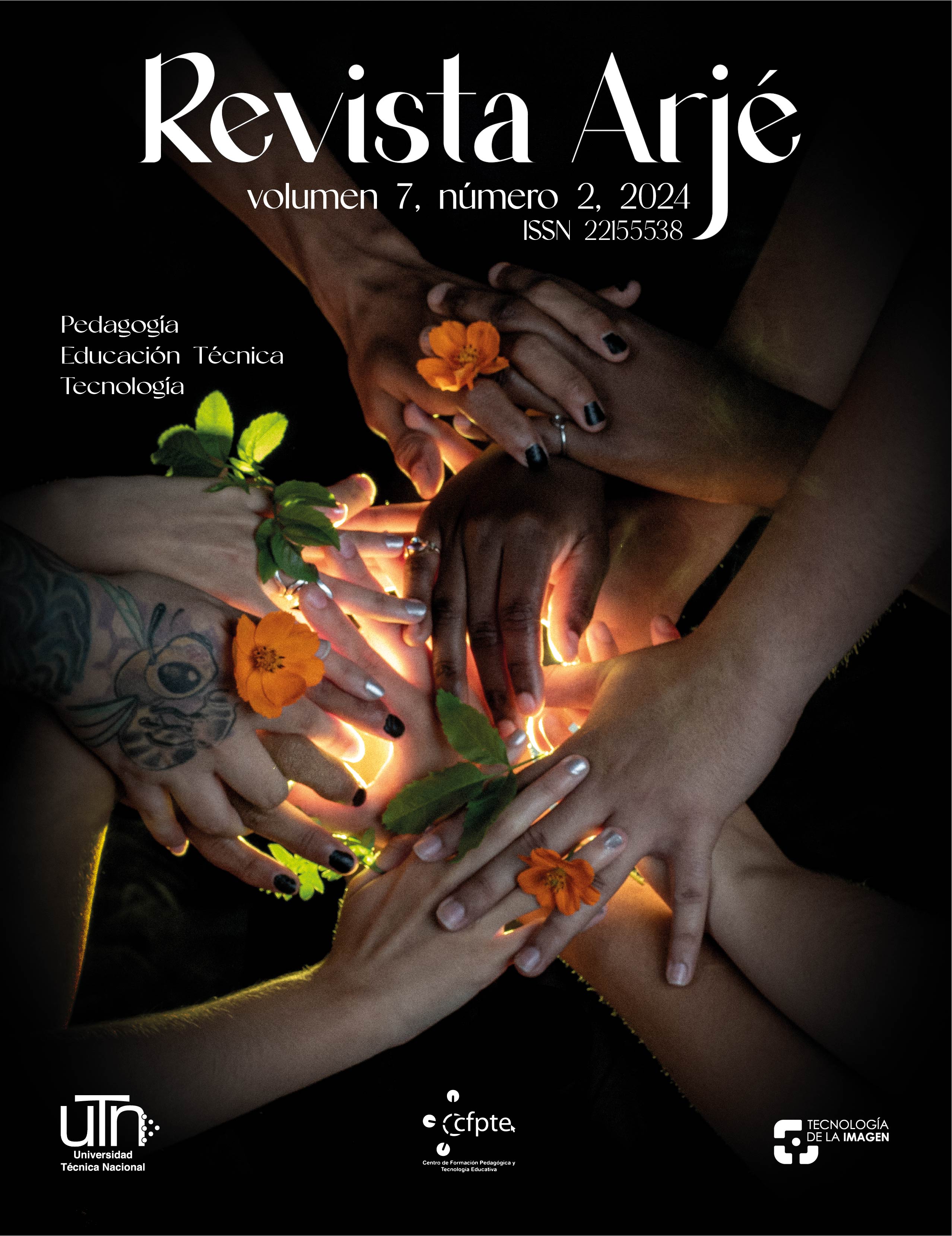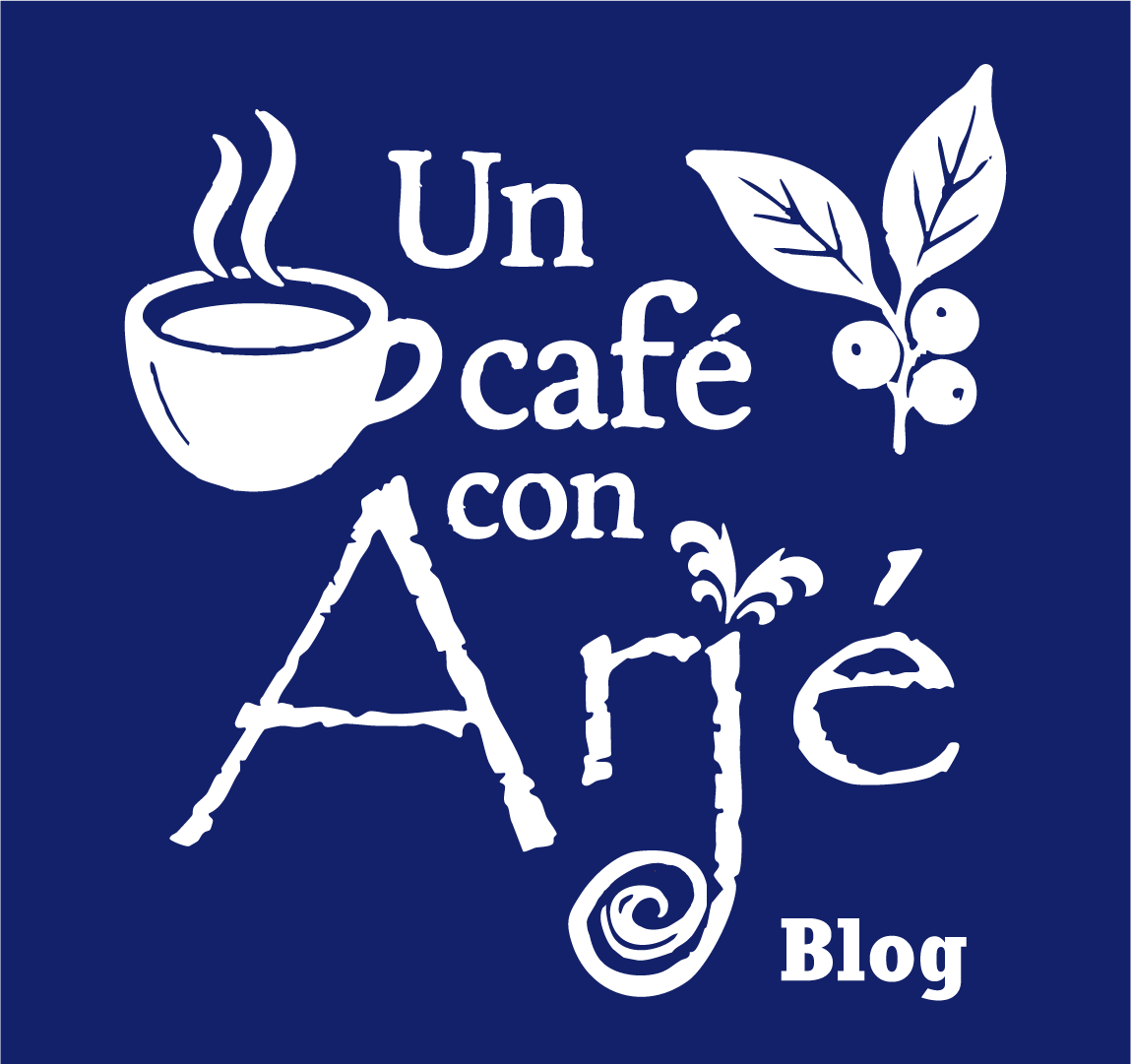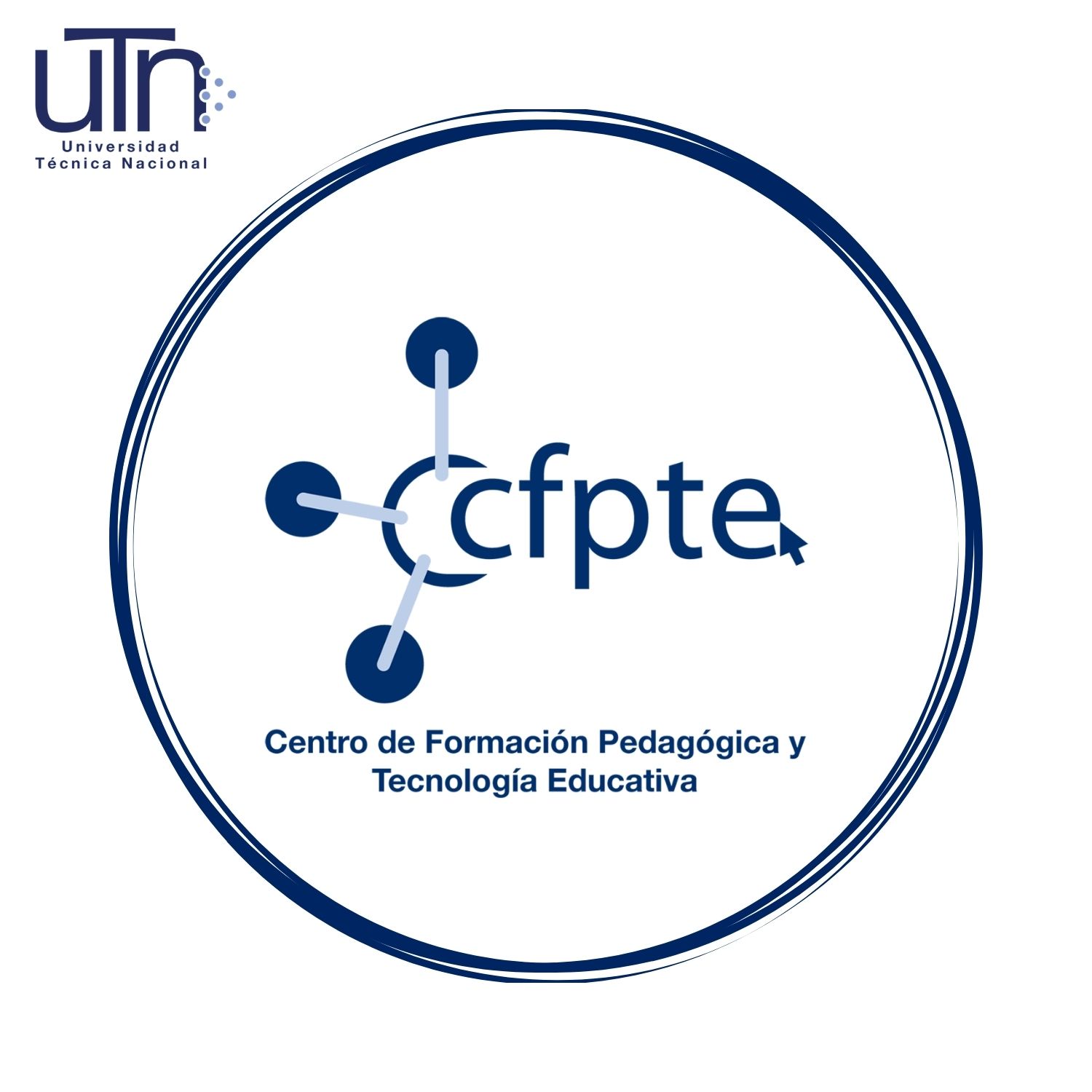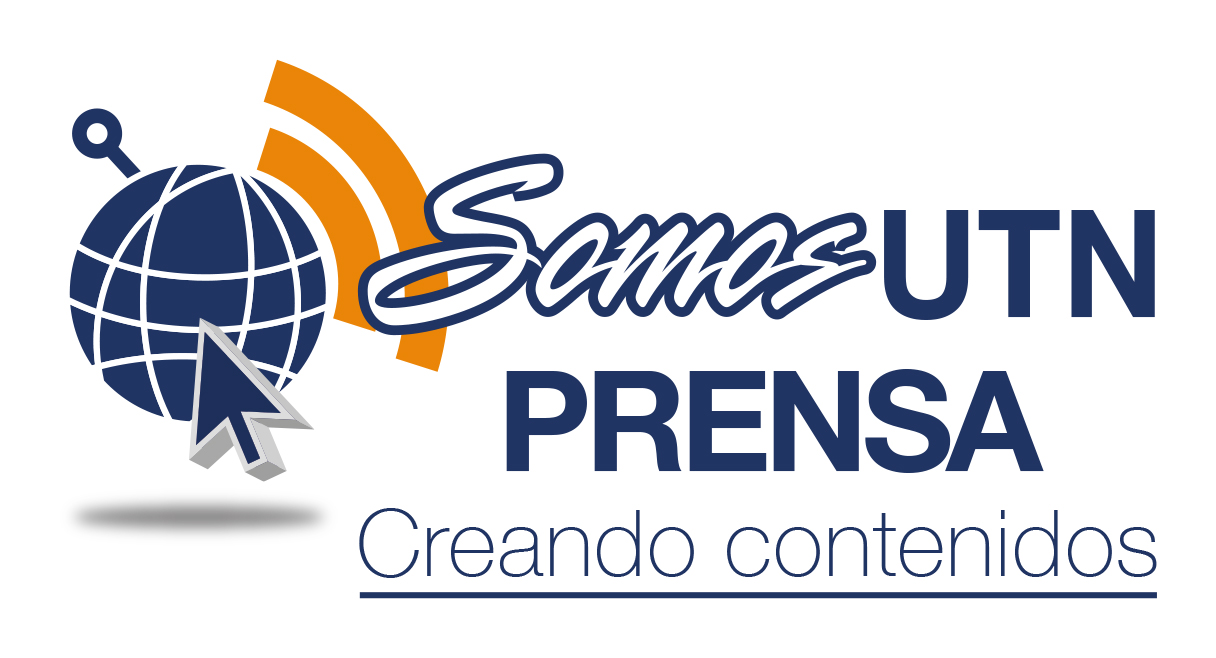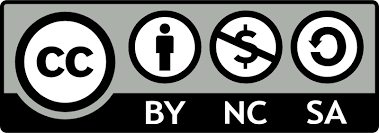STEAM: A Disruptive Methodology Viewed from Complexity
DOI:
https://doi.org/10.47633/571eds54Keywords:
Complexity, Metacognition, Emerging Paradigm, STEAM, TechnologyAbstract
This article synthesizes a doctoral graduation project completed at the University of La Salle, San José, Costa Rica. Its objective is to analyze the main dimensions of the emerging paradigm in education and its relationship with the STEAM methodology—a novel approach to teaching and learning in the classroom. Key areas integral to the STEAM methodology were examined, including educators as mediators, metacognition, technology, critical thinking, self-organization, collaborative work, and meaningful learning, among others. This analysis aims to assess the STEAM methodology as a cornerstone of the emerging educational paradigm. The article employs a qualitative methodology, focusing on interpreting and understanding findings related to complexity and the STEAM methodology. A significant limitation of this research lies in its perspective on the relationship between STEAM and the vast complexity it entails. Among the most noteworthy conclusions is that the STEAM methodology aligns with the principles of Economy 4.0, as it fosters a more inclusive and globalized education. Consequently, from the perspective of complexity theory, it can complement the STEAM methodology, forming a vital part of the new educational vision for life.
Downloads
References
Assmann, H. (2002). Placer y ternura en la Educación. Hacia una sociedad apren- diente. Narcea.
Bohm, D. (2014). Sobre el Diálogo. Editorial Kairós.
Capra, F. (1992). El Punto Crucial. Editorial Troquel.
Chávez, D. M. (2020). Curso de Herramientas de Didáctica Disruptiva: Diseño de un curso de STEAM. UFidelitas.
Cordero Parra, M. (2023). Presupuesto de Educación para 2023 es el más bajo de los últimos 9 años, señala CGR. Semanario Universidad. https://sema- nariouniversidad.com/pais/presupuesto-de-educacion-para-2023-es-el- mas-bajo-de-los-ultimos-9-anos-senala-cgr/
De Geus, A. (2011). Hábitos para sobrevivir en un ambiente de negocios turbu- lentos. Ediciones Granica.
Elizalde, A. (2003). Desarrollo Humano y ética para la sustentabilidad. Programa de las Naciones Unidas para el Medio Ambiente-PNUMA- Oficina Regional para América Latina y el Caribe.
Garbuldky, J. (2017, 20 de noviembre). Zombies en la escuela [video]. TEDx
Talks. https://www.youtube.com/watch?v=g6zBmBUOMhY
González, A. (2019, 4 de marzo). Ticos consideran que las carreras universita- rias tienen género. Amelia Prensa. https://amprensa.com/2019/03/ticos-
-consideran-que-las-carreras-universitarias-tienen-genero/
Gutiérrez, F., & Prieto, D. (1999). La Mediación Pedagógica. Ediciones La Crujia.
León Mena, J., & Gómez Campos, C. (2020). Como ha sido el contacto entre do- centes y estudiantes en la nueva modalidad de clases a distancia. https:// estadonacion.or.cr/como-ha-sido-el-contacto-entre-docentes-y-estudian- tes-en-la-nueva-modalidad-de-clases-a-distancia/
Martínez Gutiérrez, B. (2016). Cronología de la Educación Costarricense. ht- tps://www.imprentanacional.go.cr/editorialdigital/libros/historiaygeogra- fia/cronologia_de_la_educacion_costarricense_edincr.pdf
Najmanovich, D. (2016). El cambio educativo: del control disciplinario al encuen- tro comunitario. https://abacoenred.org/wp-content/uploads/2019/08/ Libro-completo_La-transformación-educativa-Entregado-DENISE-NAJMA- NOVICH.pdf
Organización de Naciones Unidas. (s.f.). Objetivo 5: Lograr la igualdad entre los géneros y empoderar a todas las mujeres y las niñas. https://www.un.org/ sustainabledevelopment/es/gender-equality/
Prado, C., & Gutiérrez, F. (2006). Las siete claves de la Mediación Pedagógica. Serie Holográficas, (3). https://www.academia.edu/42739671/LAS_SIE- TE_CLAVES_DE_LA_MEDIACION_PEDAGOGICA
Redacción La República. (2022). Educación pública de Costa Rica mucha plata, poco rendimiento. La República. https://www.larepublica.net/noticia/edu- cacion-publica-de-costa-rica-mucho-plata-poco-rendimiento
Rodríguez, A. (2015, marzo). Estudio sobre brechas de género en el Instituto Tecnológico de Costa Rica Periodo 2011- 2014. Oficina Equidad de Género.
Schwab, K. (2020). Prof. Klaus Schwab on Digital Inclusion [video]. https:// es.weforum.org/videos/ksc-on-the-digital-inclusion
Silva, M. (1989). La educación de la mujer en Costa Rica durante el siglo XIX.
Revista de Historia, 20, 67-80. http://hdl.handle.net/11056/20432 Varela, F. (2000). El Fenómeno de la Vida. Dolmen Ediciones.
Downloads
Published
Issue
Section
License
Copyright (c) 2024 Haydee Tiffer

This work is licensed under a Creative Commons Attribution-NonCommercial-ShareAlike 4.0 International License.
All articles in the Revista Académica Arjé are published under the Creative Commons Attribution-NonCommercial-ShareAlike 4.0 International License (CC BY-NC-SA 4.0).
This means that:
-
Attribution: Proper credit must be given to the original authors, a link to the license must be included, and any changes made must be indicated.
-
NonCommercial: The material may not be used for commercial purposes.
-
ShareAlike: If the work is adapted or remixed, the resulting version must be distributed under the same license.
More information at: https://creativecommons.org/licenses/by-nc-sa/4.0/deed.en
